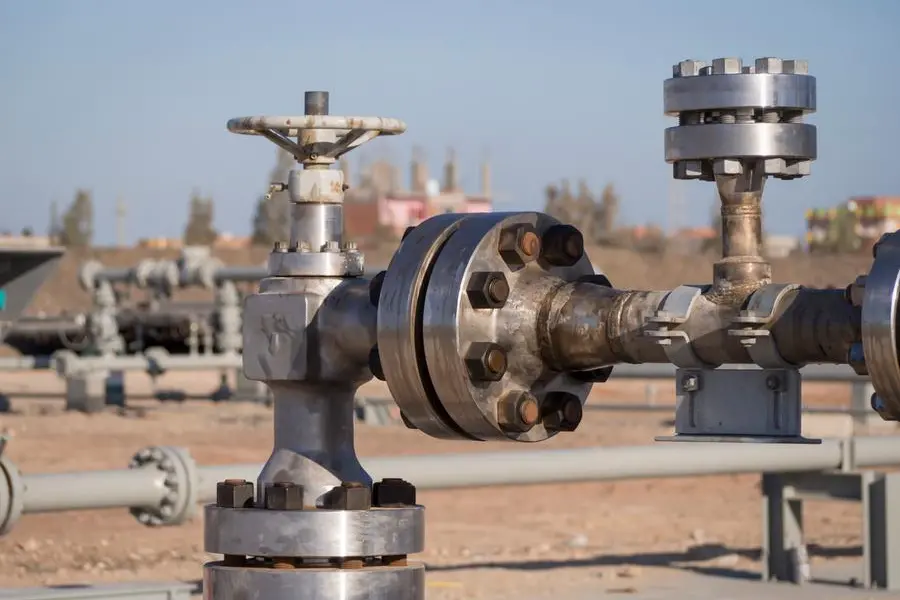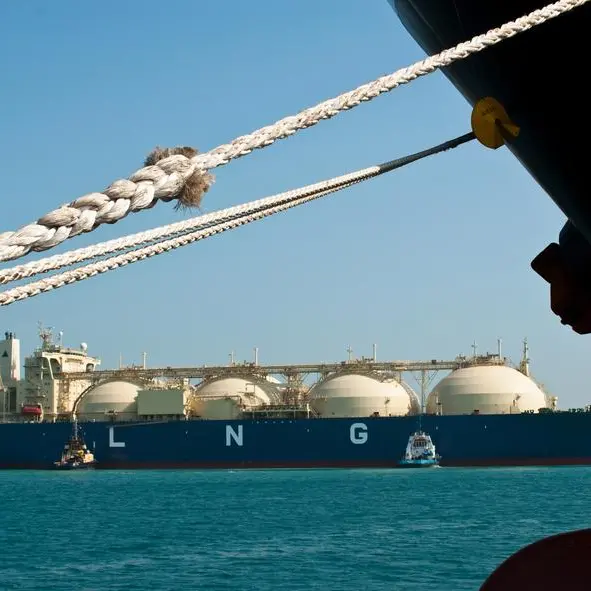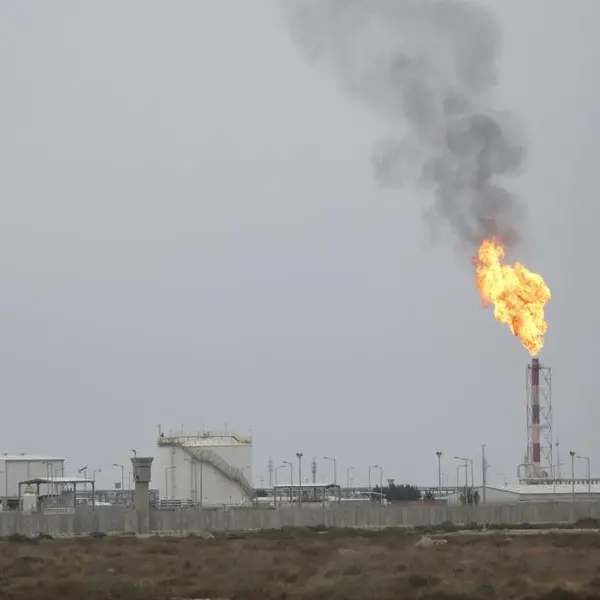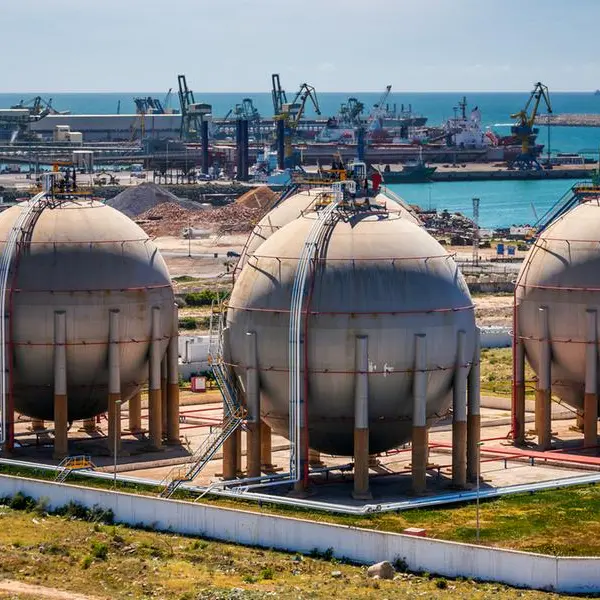PHOTO
Natural gas, although a transitional fuel, can reduce carbon emissions by 30-50 percent compared to other fossil fuels, such as oil and coal. Further to this, with certain measures in place, natural gas infrastructure can accommodate hydrogen, which is another important benefit.
We are also seeing gas consumption fall within the power sector, mainly due to the rise of nuclear and renewable sources, efficient desalination (reverse osmosis), and the development of untapped natural gas reserves. This all means that natural gas is richly available for decarbonising the still necessary industrial and transport applications across the GCC region. Together with advancements to the gas transmission infrastructure, natural gas is poised to contribute significantly towards the region’s energy accessibility, affordability and sustainability.
GCC Gas Grid
The regional governments are familiar with the benefits that come with natural gas and the potential it has for their net zero objectives. In fact, many are already taking action.
One prime example is ADNOC’s ongoing Estidama project. It is developing a comprehensive natural gas piping network to reduce congestion and ensure supply of ADNOC gas across UAE. Across the border, Aramco has awarded contracts worth more than $25 billion to implement its strategic gas expansion strategy, which targets gas production growth of more than 60 percent by 2030 (compared to 2021). Similarly, OQ, the exclusive operator of Oman's natural gas transmission network, started its Saib Project, a new 208km gas pipeline to further increase natural gas accessibility to the Dhofar region.
The development of these national gas networks is creating impetus for cross-border pipelines or a trans-GCC gas grid. A regional gas grid would cut down on LNG liquefaction and regasification costs, displace oil consumption and reduce carbon emissions, and enhance gas trading and improve price setting.
Working in practice
In the GCC region, these high-pressure gas grids are owned and controlled by different entities, and essentially operate as unique networks. They have significant capital costs and create value through the mutually beneficial sharing of access.
The absence of a unified regulatory framework for natural gas transmission infrastructure has both benefits and drawbacks for the GCC region. The lack of regulation can allow for more flexible and efficient decision-making, and is more attractive to investors, plus it still allows countries to collaborate on cross-border projects.
On the other hand, without regulation, there are concerns about grid design, maintenance, access and quality of service. On top of this, the major challenge in the region is wholesale gas pricing. It is often politically regulated and results in subsidy leakages. These fluctuating prices and government subsidies can hinder the efficient use of regional power interconnectors. This leads to higher costs for consumers and limits the ability of regions to benefit from the economic and environmental advantages of regional power markets.
Transitioning to centralised system
Something the GCC region would significantly benefit from is having an independent, centralised gas transmission system operator. This would allow for:
- Improved gas dispatching
- Negotiation and management of interconnection agreements
- Increased marketable capacities
- The ability to perform periodic operational and planning studies
- A consistent maintenance regime
- Greater asset integrity
- Optimised use of storage and line packing for grid flexibility
- Dispute settlements
- Advising government on tariffs
- Ensuring compliance on uniform safety regulations
This centralised system could be created by leasing all of the gas transmission infrastructure to the national operator under a revenue sharing arrangement. This would save costs, maximise capacity utilisation, improve reliability, and enhance the overall safety of the system.
An example of this in practice is the National Control Centre in the UK. It executes the gas trades, balances the overall system, issues marginal notices and demand side response contracts, ensures a certain level of operating gas reserve, and handles all emergencies. Indeed, the same role is performed by GRTgaz in France, and the Snam dispatch centre in Italy.
If centralising the gas operations is not possible, common regulatory guidelines could be applied for all natural gas system owners and operators. Using another example from the UK, in 2005 following the liberalisation of its gas network, a Uniform Network Code was created, with all relevant parties expected to follow it. The code essentially develops common rules for anyone looking to gain access to the gas transmission system, as well as providing system security and safety assurances. It also ensures that pricing reflects the real costs of the services and develops and maintains a robust dispatching system.
What’s next?
There have been some significant strides made in the GCC region on its journey to net zero, but there is still a long way to go. There are new innovations and technologies that can build on this momentum, and fast track its progress.
In fact, the next frontier for gas networks is their operational readiness for hydrogen, and of course their safety under various blends of hydrogen and natural gas.
At Penspen, we have assessed the hydrogen readiness of the existing Portuguese natural gas transmission system, based on industrial best practices, safety criteria, and hydrogen related standards. What this has shown us is the significant opportunities on the horizon. The European Hydrogen Backbone, which aims to accelerate Europe’s decarbonisation journey by enabling existing and new pipelines to become a competitive, liquid, pan-European renewable and low-carbon hydrogen market, is just one example.
So, by future-proofing the gas grid, the GCC region would be maximising its use, reliability, availability, affordability and sustainability, all in the mutual interest of stakeholders.
(The author is Principal Energy Transition Consultant at UK-headquartered global energy consultancy Penspen. Any opinions expressed in this article are the author’s own)
Subscribe to our Projects' PULSE newsletter that brings you trustworthy news, updates and insights on project activities, developments, and partnerships across sectors in the Middle East and Africa.





















